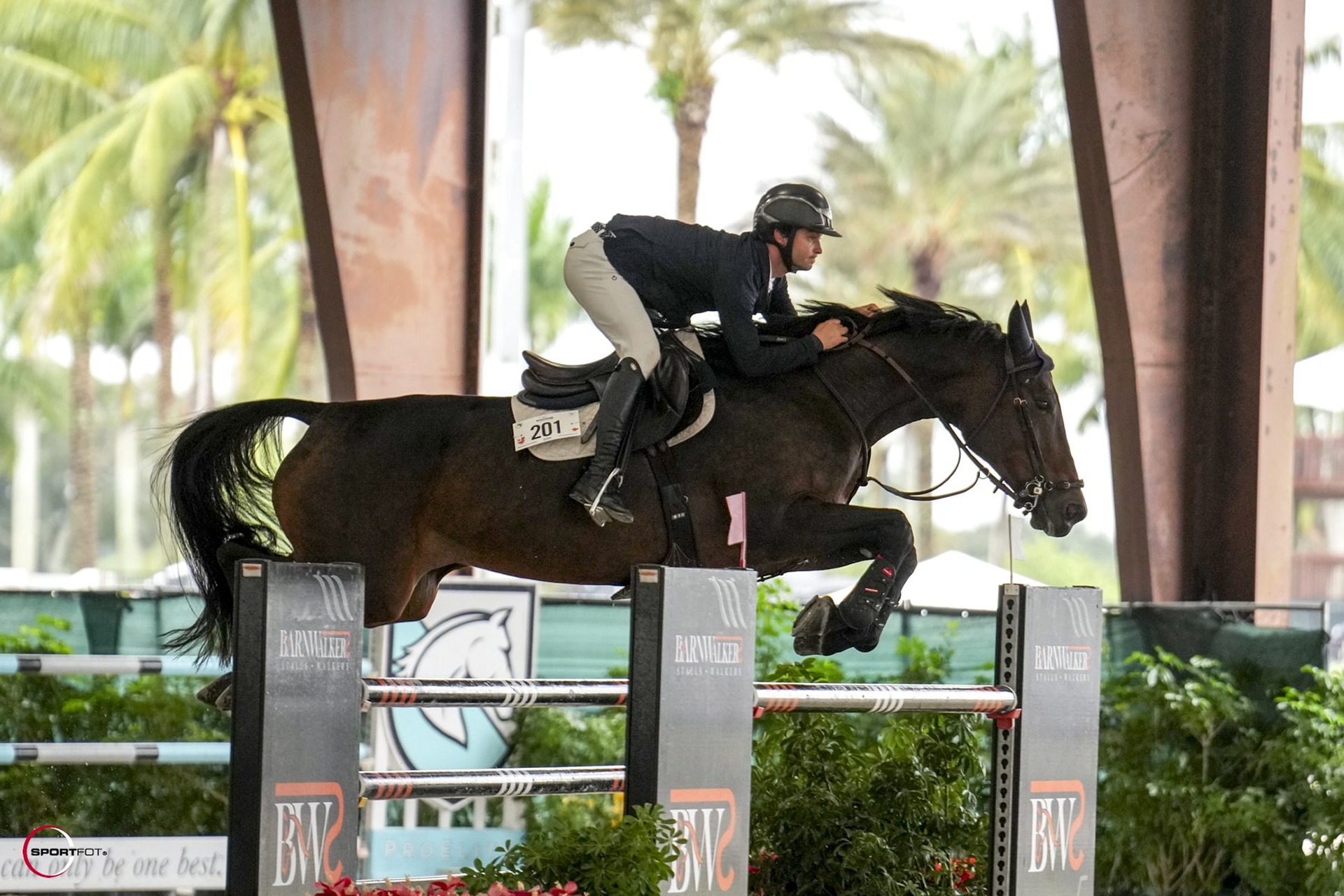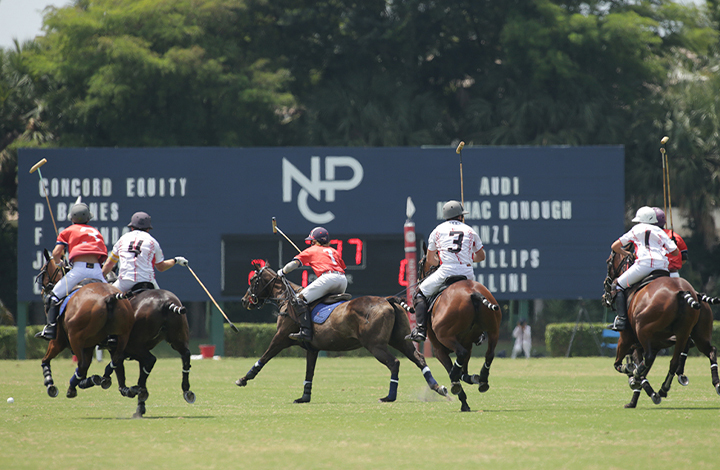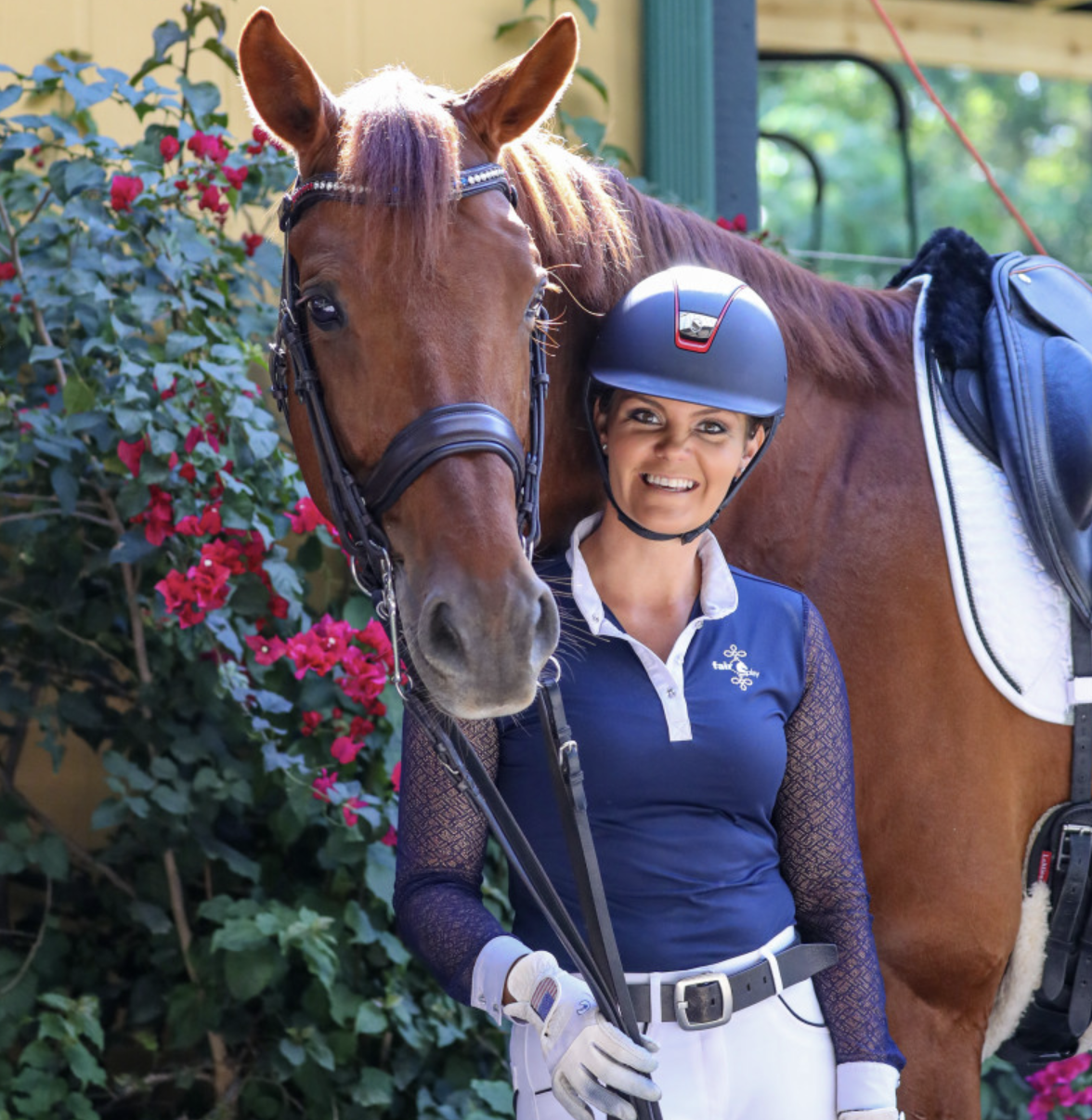
Wellington, Florida.
Lat. 26.661062 | Long. -80.253838
Annual Events
Experience the Winter Equestrian Festival, a premier event in Wellington’s equestrian season. Running from January to April, this festival showcases a variety of activities, including dressage, show jumping, riding lessons, and scenic trail rides.
Join the International Gay Polo Tournament, an inclusive and lively event that blends high-level polo competition with a festive atmosphere. The tournament brings together top GPL players and offers a fun-filled tailgating experience with creative themed parties.
Every Friday, visit the Lakeside Market at Wellington Town Center, where local vendors, artisans, and food trucks gather to create a vibrant waterfront setting. Enjoy live music, handcrafted goods, and artisanal treats, perfect for families and pets alike.
Don’t miss the Bacon and Bourbon Fest, a mouthwatering celebration featuring gourmet bacon dishes paired with over 30 different bourbons.
Wellington International
Founded in 1974, our renowned equestrian venue spans over 111 acres and features 14 world-class competition arenas, along with more than 500 permanent equine stalls. Since 2015, Wellington International has proudly been a Rolex-designated property and is celebrated for hosting the Winter Equestrian Festival (WEF), the largest and longest-running hunter/jumper horse show in the world, held annually from January through March. Visit Wellington International.
-
Wellington, Florida is a planned village located in Palm Beach County, known today for its vibrant equestrian community and suburban living. Its history is relatively recent, as the area was mostly undeveloped swampland until the mid-20th century. Here's a brief timeline of Wellington's development:
Early History: Pre-Development (1900s - 1950s)
Pre-1950s: The land that would become Wellington was largely uninhabited and primarily wetlands. The region was sparsely populated, and the area was used for ranching and agriculture.
1951: Charles Oliver Wellington, an accountant and investor from New York, purchased around 18,000 acres of land in the area. His goal was to turn the swampland into usable, developed property. Wellington, who passed away before seeing his vision realized, became the namesake of the community.
1960s - 1970s: Development and Planning
1965: After Charles Wellington’s death, his son Roger took over and began developing the area, transforming it into what would later become the village of Wellington. A major part of the plan involved draining the wetlands to make the land usable for agriculture and residential development.
1972: The development of Wellington began in earnest. The land was cleared, and water-control systems were established. The area was originally envisioned as a large agricultural community with residential developments for workers and residents.
1980s: Equestrian Identity Takes Shape
1981: Wellington became known as an equestrian hub, attracting horse enthusiasts from around the world. The International Polo Club Palm Beach and the Palm Beach International Equestrian Center established Wellington as a premier destination for polo and other equestrian sports. This shifted the village’s identity toward becoming a global equestrian capital.
Throughout the 1980s, the village continued to grow, with more people attracted to the suburban lifestyle and its proximity to equestrian activities.
1990s: Incorporation and Growth
1995: Wellington was officially incorporated as a village. This incorporation allowed the community to have its own local government, which could make decisions on growth, infrastructure, and community services.
The population grew steadily throughout the 1990s, and the village expanded its infrastructure, schools, and community amenities.
2000s - Present: Modern Suburban and Equestrian Hub
Wellington continued to grow rapidly into the 21st century, with its population increasing as suburban families moved into the area. The village has been meticulously planned, with shopping centers, parks, and schools designed to meet the needs of the growing community.
Equestrian Community: Wellington is now one of the top destinations in the world for equestrian sports, particularly polo and show jumping. The Winter Equestrian Festival, one of the longest-running equestrian events in the world, is held annually in Wellington.
The village is also known for its affluence and high quality of life, attracting residents seeking a balance between suburban living and rural, equestrian culture.
Key Highlights of Wellington Today
Equestrian Capital: Home to major events like the Winter Equestrian Festival, Global Dressage Festival, and International Polo Club matches.
Community-Oriented: Wellington has developed into a family-friendly suburban area with highly rated schools, numerous parks, and recreational facilities.
Environmental Sustainability: Due to its origins in swamp reclamation, Wellington has developed various water management systems and green spaces to protect the environment.
Wellington has grown from its swampy origins to become a world-renowned equestrian center and a thriving suburban community, blending rural charm with modern living.
POLO
THE PERPETUAL HOME OF POLO IN THE UNITED STATES
The National Polo Center (NPC) serves as a premier venue for the United States Polo Association, showcasing prestigious tournaments, nurturing American players, and fostering an environment that attracts and retains talent by promoting excellence. With top-tier facilities, including eight polo fields, a stadium, restaurants, a clubhouse, a social club, swimming pool, gym, and tennis courts, NPC stands as the heart of world-class polo competition in Wellington, Florida.
Winter Equestrian Festival.
Saturday night’s alright for jumping in The Palm Beaches!
Every Saturday evening, the festival comes alive with thrilling show jumping and a variety of free entertainment, making it a perfect outing for the whole family. Kids will be captivated by the stunning displays of expertly trained horses soaring over jumps in the arena. Families can also enjoy the children's fair, featuring bounce houses, a petting zoo, pony rides, and a carousel—all at no cost! Spend a delightful winter evening in The Palm Beaches, surrounded by a starry sky and fun for everyone. Saturday Night Lights!

Wellington Equestrian Center
Wellington, Florida, is the epicenter of dressage during the winter and early spring, attracting elite riders such as Olympians Steffen Peters, Ashley Holzer, and Debbie McDonald. The surrounding area, including Loxahatchee just 20 minutes away, serves as the year-round home to many prominent dressage figures.
Dressage Trainers Guide
In just a few short years, TACKNRIDER has become the premier retail destination for equestrians in Wellington. Known for its thriving equestrian community, Wellington hosts the country’s top show jumping circuit, the Winter Equestrian Festival, as well as leading polo and dressage circuits. Both professional and amateur riders flock to Wellington during the winter season, making it the ultimate hub for equestrian excellence.
The journey of The Horse of Course began in Claremore, Oklahoma, in 1995, rooted in the local dressage community. Founders Beth and Marty Haist were deeply involved in Oklahoma's dressage societies and events. During their trips to visit family in England, they discovered unique products not available in the United States. Upon returning to Claremore, Beth shared these items with the local dressage community, who were excited to see what she had brought back. Soon, friends and acquaintances began asking if she could bring more of these beautiful clothes and equipment for them as well. As demand grew, The Horse of Course quickly outgrew Beth and Marty's farm, and they soon needed a dedicated space to accommodate the expanding business.
The Tackeria offers one of the most extensive selections of equestrian equipment globally, sourcing products from Europe, the Far East, and South America to provide our customers with the finest quality items available.
Founded in 1975 in Wellesley, Massachusetts, by members of the United States Equestrian Team, Dover Saddlery has grown into The Source® for equestrian products. Dover offers a wide and unique range of competitively priced, brand-name products for both horse and rider, catering to all levels of riding.













